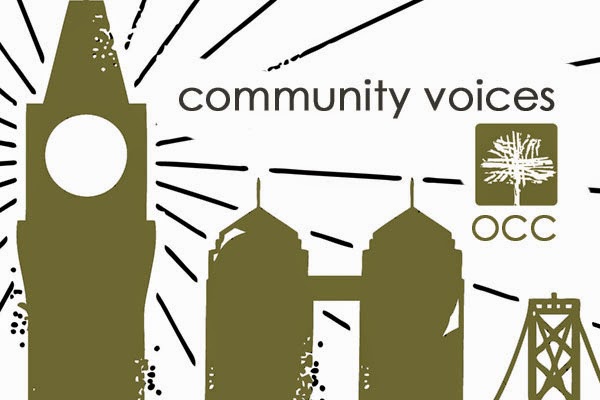What to make of Steve Job’s death, and the many reactions to it? The outpouring of emotion about Steve Jobs was completely genuine. I saw tears and sentimental Facebook posts from the most stoic of Mac users. And then, there was of course, the analysis. Steve Jobs was the model of innovation. Steve Jobs was a true genius, a true rebel, a true pioneer. Steve Jobs and his little silver boxes changed the world.
And then, because there were still more columns to be written, there was the cynical questioning. Steve Jobs could be quite nasty apparently. Steve Jobs just edited and repackaged what others invented. Steve Jobs abandoned the rebellious counter culture to create the most closed, secretive, centrally controlled technology company ever.
Well, Steve Jobs probably isn’t overly concerned with this praise or critique now. He probably wouldn’t care about these opinions even if he was still alive. He was a man with remarkably focused vision which didn’t include the caring about the criticisms of others.
But what got me thinking was this whole idea of changing the world. We live in a culture that feels compelled to ‘change the world’. We are constantly talking about changing our world to address the issues of climate change, poverty, disease, economic inequalities or human behavior. (Andy Crouch has a fabulous book called Culture Makers in which he describes the uptick in books about ‘Changing the World. See him talk about it here.)
But can we really change the world?
For Apple it was the commitment to ‘Think Different’. But how different was the thinking at the end of the day? Apple grew because of a fierce vision, intense corporate culture (often driven by fear of failure), secrecy and the same business practices that put the onus on the backs of the poor. Some of this thinking was good and most would say, necessary. But I would not call it ‘different’.
As Mike Daisey wrote in his op-ed;
“We can admire the design perfection and business acumen while acknowledging the truth: with Apple’s immense resources at his command he could have revolutionized the industry to make devices more humanely and more openly, and chose not to. If we view him unsparingly, without nostalgia, we would see a great man whose genius in design, showmanship and stewardship of the tech world will not be seen again in our lifetime. We would also see a man who in the end failed to “think different,” in the deepest way, about the human needs of both his users and his workers.”
Our experience with President Obama has confirmed this. After 3½ years in power, it’s almost embarrassing to go back and see the commercials for ‘CHANGE’ when we reflect on the way politics has steadfastly remained politics, no matter how inspiring the rhetoric.
We can change the packaging of the world for some. We can change the experiences some of us have in the world. But the underlying dynamics of power are just the same. The fundamental brokenness of our world seems unchanged. The labels on the building may be different, but the world, it seems to me, remains actually, quite unchanged.*
What’s most concerning to me is that the American church has bought into this rhetoric. We can ‘change the world’ through better presentation, better packaging, better organization and better branding. Our passion, our commitment, our drive and focus will change the world.
I doubt it.
We are not the ones who will change the world. The whole point of the gospel is message is not that there is a new brand in town, this one called Jesus; not that we are bigger and better than all the others.
The church is weak. The church worships a crucified, buried and risen lord. The church is for losers. The church admits people based on their failure, not their success. The church succeeds and will only ever succeed if what she fundamentally believes is true… that the heart of the universe is the God revealed in the baby in the manger, the carpenter on the road and the man upon the cross; unless the world itself is already changed by Him.
Most people who want to change the world argue that they must work with the world ‘the way it is’. That’s why even the most radically idealistic corporate identities abuse workers, cut costs on labor and lobby for corporate welfare. But Jesus shows us that the way the world is, is different to what we see. The cross is foolishness to the world, but to those who believe, it is the power of God.
* Maybe Steven Pinker’s new book ‘Our Better Angels’ will prove this wrong?
